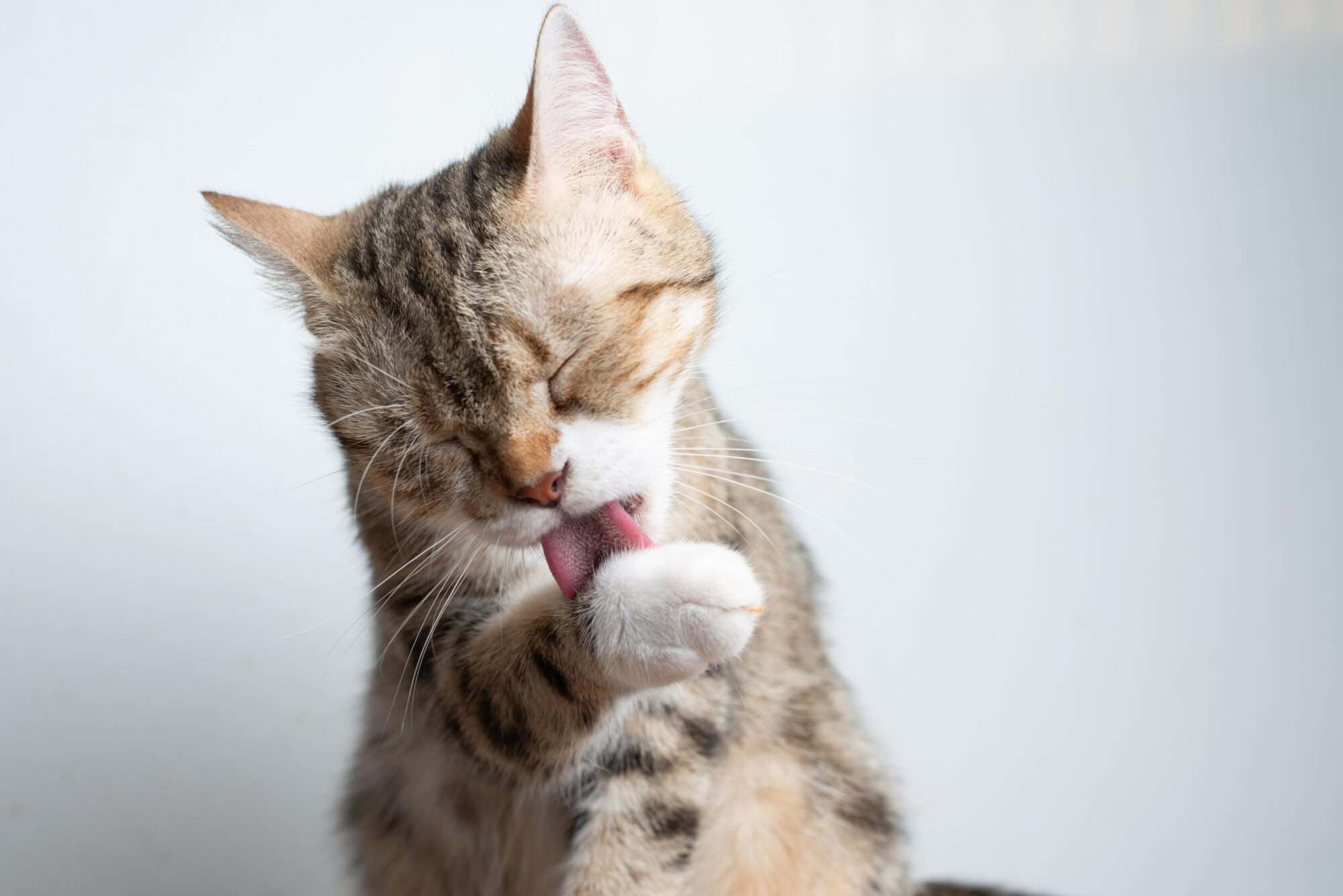Chronic Vomiting in Cats

There’s nothing like waking up to the sound of your cat retching. Especially if it seems to happen all the time.
It’s not exactly uncommon for a cat to vomit sometimes, especially after eating too quickly or when they need to hack up a hairball.
But if your cat seems to vomit all the time, it’s time to dig deeper. Chronic vomiting in cats can be a sign of an underlying health issue that needs veterinary attention. Today, the team at Sacramento Cat Hospital will share why vomiting can be a problem—and what to do about it.
When is Vomiting a Problem in Cats?
If your cat vomits more than once a week, or you notice other symptoms like weight loss, lethargy, or changes in appetite, it’s time for intervention.
For medium or long-haired cats, hairballs are a common cause of occasional vomiting. These kitties often ingest large amounts of fur during grooming. The fur can accumulate in the stomach and lead to regurgitation.
But frequent hairballs should also raise concern. Excessive grooming and repeated vomiting can point to other conditions. Cats with skin irritation due to food allergies might over-groom, which can lead to more hairballs and digestive issues. Plus, hairballs that cause blockages in your cat’s system can look a lot like symptoms of other diseases.
Only veterinary intervention can solve the actual issue and get your kitty feeling better.
Potential Underlying Causes of Cat Vomit
Beyond hairballs, there are several medical issues that could be causing chronic vomiting in your kitty. One of the more common culprits is IBD, or inflammatory bowel disease. This condition causes inflammation of the digestive tract.
The inflammation, in turn, leads to frequent vomiting, diarrhea, and weight loss. Cats with IBD often need to eat a specialized diet and take medication to manage their symptoms.
Another possible cause is an endocrine disorder like hyperthyroidism. This condition speeds up a cat’s metabolism and can cause vomiting, increased hunger, weight loss, and restlessness.
Other concerning causes can include:
- Kidney Disease: Toxins tend to build up in the bloodstream as kidney function declines, which can lead to nausea and vomiting.
- Liver Disease: Without a properly functioning liver, cats can’t adequately filter out toxins, leading to gastrointestinal woes.
- Pancreatitis: Inflammation of the pancreas can mess with digestion and trigger persistent vomiting and abdominal pain in your kitty.
- Gastrointestinal Obstruction: Foreign objects, tumors, or severe constipation can block the intestines, and cause ongoing vomiting.
- Parasites: Intestinal worms or protozoa (like giardia) can irritate the digestive tract and lead to chronic vomiting. This is especially prevalent in younger cats or kitties that spend most of their time outdoors.
- Cancer: Gastrointestinal tumors are a serious but possible cause of chronic vomiting. They’re often accompanied by unexplained weight loss.
If your cat vomits more than once a week, it’s time to head to your veterinarian for help. At Sacramento Cat Hospital, our focus is entirely on helping cats feel better.
We understand feline health issues on a deep level, and our caring team can help get to the bottom of your cat’s chronic vomiting. Call us at (916) 488-4161 to schedule an appointment today.

